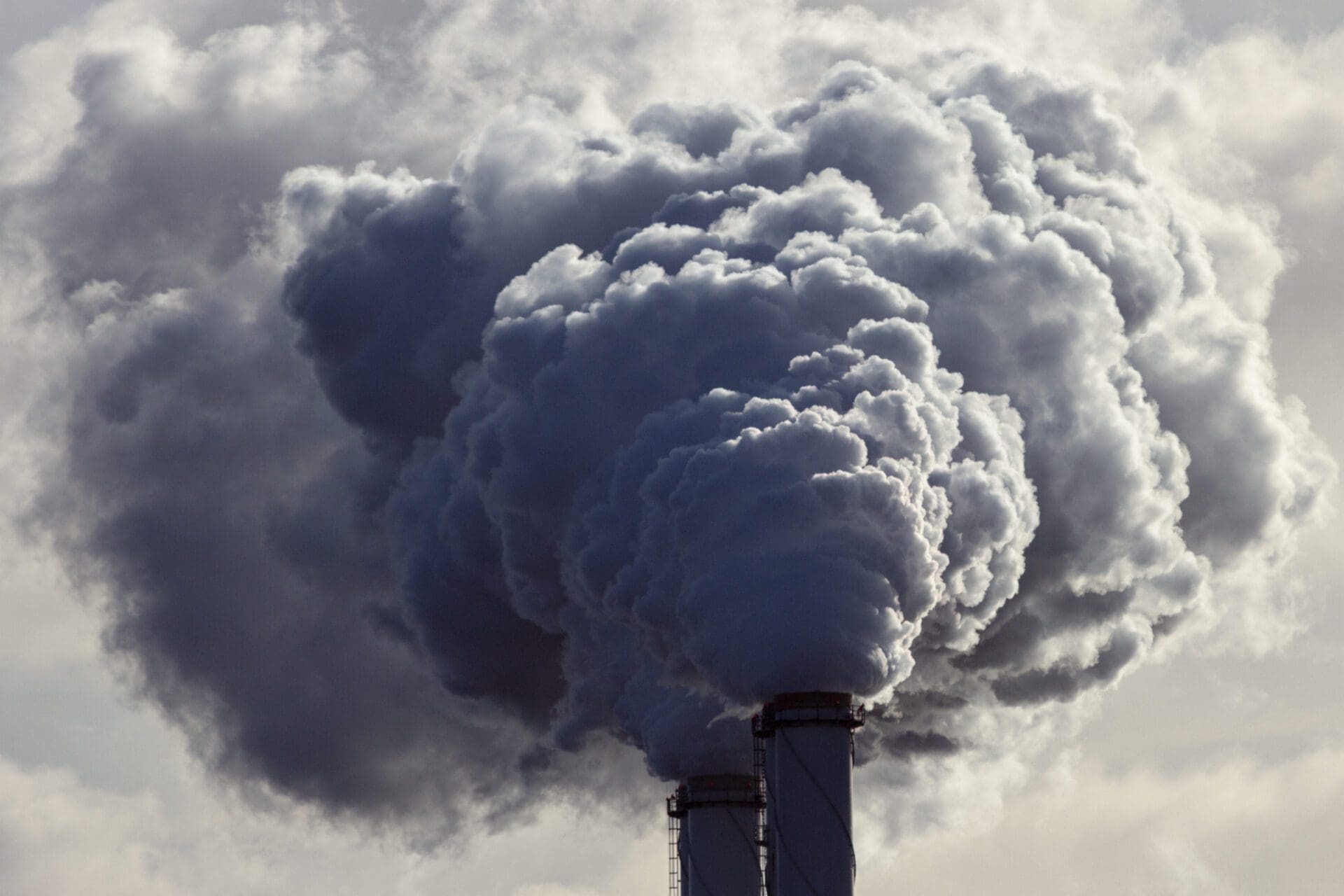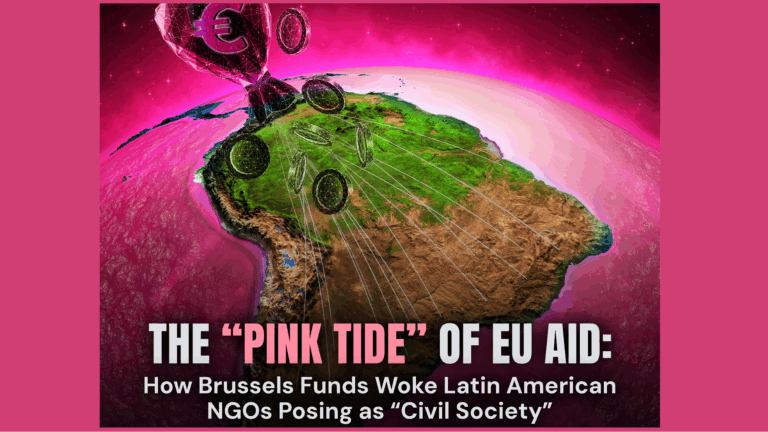Solid Fuels
The problem the continent currently faces is that while it is attempting to avoid a full-scale energy crisis, it is involuntarily increasing air pollution levels. People are starting to turn toward burning solid fuels such as coal and wood, wit the poorest even resorting to trash to heat their homes. The issue is set to be the worst in Central and Eastern Europe, where a large number of homes still rely on solid fuels for heating. In Poland, a country that is facing a coal shortage, Jarosław Kaczyński encouraged people to ‘burn almost everything aside from tires’ to keep their homes warm during the approaching winter. NGOs have taken a firm stand against these recommendations, and also against the government’s decision to create a one-off allowance for households to buy more coal and other solid fuels, while also temporarily allowing the sale of more coal.
According to Aleksander Niegocki, CEO of the Reform Institute, a Polish think tank, Poland runs the risk of undoing years of progress made in the direction of cleaner heating and a healthier air. Like others, some prioritise energy security over environmental issues. Hungary, which depends heavily on Russian gas, has repealed environmental restrictions that prevented logging in protected forests and ordered an increase in lignite extraction in an effort to ensure domestic energy supplies.
Burning Wood
According to the lobbying organisation Bioenergy Europe, the energy price crisis has already increased demand for wood in Europe. People find it difficult to afford to switch to central heating, which has led to stoves becoming ‘a key heat source,’ according to James Heydon, an assistant professor at the University of Nottingham. He cautioned that this has several detrimental health effects.
Black carbon, which is released into the atmosphere as a result of wood burning, hastens the melting of Arctic ice.
NGOs are urging governments to educate the public about the health dangers associated with bad praactices, including the use of ‘treated wood, rubberised plastic, and other garbage.’ However, as demand for wood increases, costs are also rising, increasing the likelihood that poorer households will soon switch to even more polluting substitutes. Additionally, supplies are even more constrained due to a ban on Russian timber imports. The Romanian government is distributing coupons to subsidise the purchase of firewood in a country where more than half of the population heats its homes with wood. To ensure a supply for its own population, a quarter of which was unable to keep its homes suitably warm in 2020, Bulgaria has banned the export of wood to foreign nations.
The Situation in Hungary
While the Hungarian government did issue new laws supporting the purcahse of firewood to enable families to keep their homes warm during the winter, the main source of heating still remains gas in the country. The majority of gas in Hungary is imported from Russia, hence the opposition of both the government and the majority of the population to further sanctions on Russian gas. If Hungary cannot acquire a sufficient amount of gas from Russia, homes will have to resort to heating with solid fuels, as the only alternative available to most.
Air pollution in Central and Eastern Europe is already tragic enough as it is. Further wood and coal burning would only worsen an already devastating problem in the region. As the situation stands currently, given that many countries still have access to a stable supply of gas from their usual sources, the drastic deterioration of air quality may not be imminent. However, if Brussels implements even more sanctions on Russian gas, as it has proposed to do, it would not only worsen the energy crisis, but also increase air pollution, causing irreparable environmental damage.








